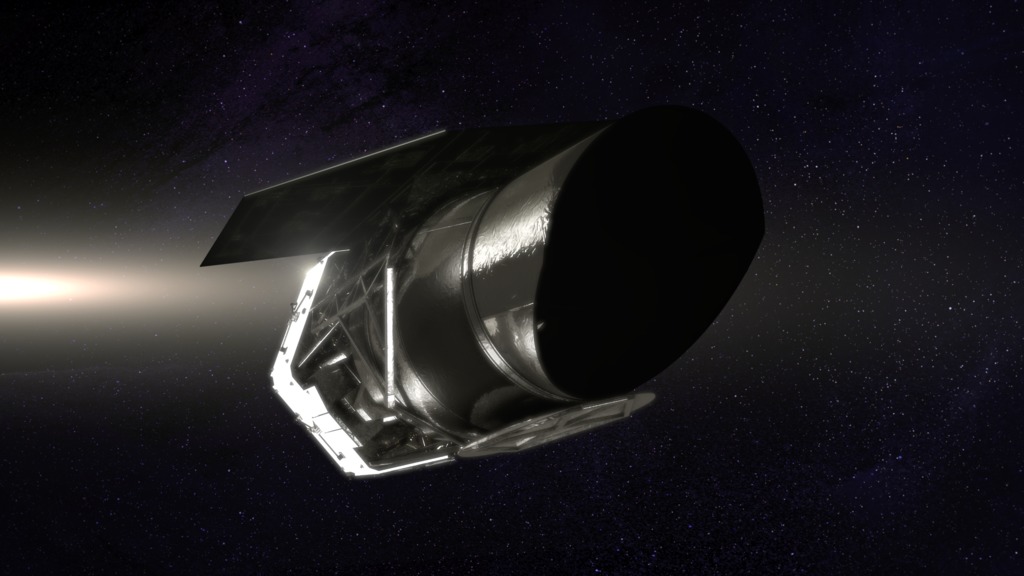Dark Energy Expansion
Animation illustrating the accelerating expansion of the universe.
In the early 1990s, one thing was fairly certain about the expansion of the Universe. It might have enough energy density to stop its expansion and recollapse, it might have so little energy density that it would never stop expanding, but gravity was certain to slow the expansion as time went on. Granted, the slowing had not been observed, but, theoretically, the Universe had to slow. The Universe is full of matter and the attractive force of gravity pulls all matter together. Then came 1998 and observations of very distant supernovae that showed that, a long time ago, the Universe was actually expanding more slowly than it is today. So the expansion of the Universe has not been slowing due to gravity, as everyone thought, it has been accelerating. No one expected this, no one knew how to explain it. But something was causing it.
Eventually theorists came up with three sorts of explanations. Maybe it was a result of a long-discarded version of Einstein's theory of gravity, one that contained what was called a "cosmological constant." Maybe there was some strange kind of energy-fluid that filled space. Maybe there is something wrong with Einstein's theory of gravity and a new theory could include some kind of field that creates this cosmic acceleration. Theorists still don't know what the correct explanation is, but they have given the solution a name. It is called dark energy.
Credits
Please give credit for this item to:
NASA's Goddard Space Flight Center Conceptual Image Lab
-
Animator
- Michael Lentz (USRA)
-
Producer
- Scott Wiessinger (USRA)
-
Scientist
- Neil Gehrels (NASA/GSFC)
Missions
This page is related to the following missions:Series
This page can be found in the following series:Release date
This page was originally published on Tuesday, September 20, 2016.
This page was last updated on Wednesday, May 3, 2023 at 1:48 PM EDT.
